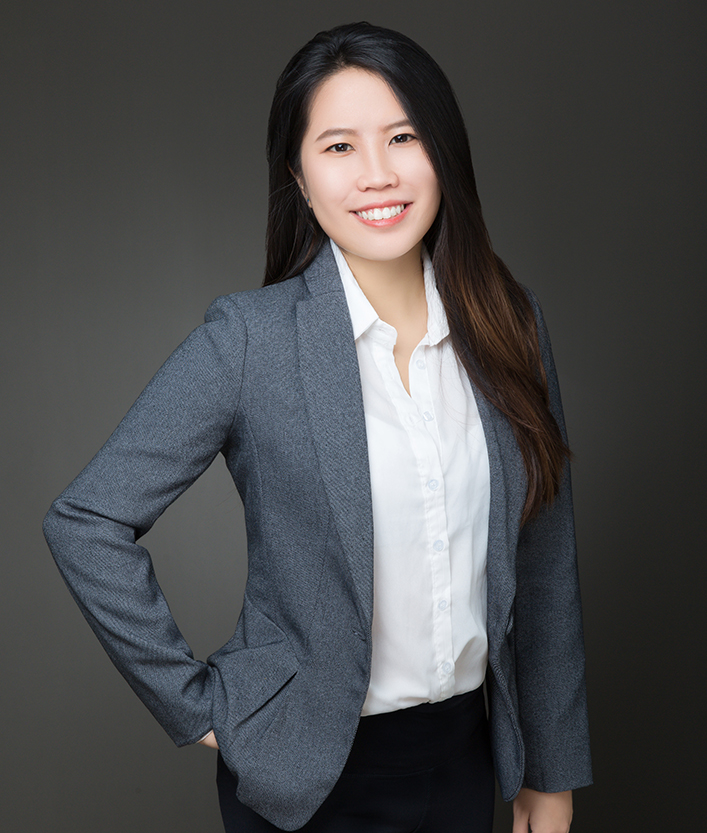Tony is the founder of Alaya Consulting Limited. With more than 16 years of experience in advising C-suite executives, both in-house and from the client side, he is particularly experienced in the development of corporate sustainability strategies, training, communication and ESG reporting approaches.
Tony works with client companies to help them improve disclosure levels and ESG ratings. Recent clients include AAC Technologies, CIMC, Panda Green Energy, Chiho Environmental Group, Integrated Waste Management, Baguio, MicroPort, Tianjin Port and others. Recent projects include organising the Hong Kong ESG Reporting Awards, contributing to the development of industry best practices.
Tony is a Chartered Company Secretary, a GRI Nominated Trainer, a carbon audit professional accredited by the Association of Energy Engineers, a Practitioner of Institute of Environmental Management Association and a certified sustainability assurance practitioner. He has also successfully completed the practitioner training of Integrated Reporting.
Prior to setting up Alaya, Tony assumed senior roles in various leading communications agencies and a Fortune top 10 financial services group. Before embarking on his career in communications, Tony spent a number of years in banking and financial journalism. He received a master’s degree in Corporate Governance from Hong Kong Polytechnic University and a bachelor’s degree in International Business from The Chinese University of Hong Kong.












Sanpo-yoshi: A Brief Look at CSR in Japan
While modern CSR largely originated from the western capitalist experience, a similar concept has existed in Japan since the Tokugawa period 400 years ago, a period when merchants, despite technically being at the bottom of the social ladder, flourished. Japan’s unique culture and history continues to influence the country’s CSR landscape to this day, and there are certainly important lessons to be learnt for all of us.
THE STORY OF THE OMI MERCHANTS
Samurai, Farmer, Artisan, Merchant. Such was the social hierarchy of Tokugawa Japan between 1600 and 1868. But despite that, the function of the Samurai was for battle, and wars had ended with the establishment of the Bakufu (military government). It was a time of peace; a time of trade; a time for merchants to thrive. And thrive they did.
In the middle of feudal Japan was the province of Omi (now Shiga Prefecture). Taking advantage of its central location in the country as well as its geographical proximity to Kyoto and Nara, Omi merchants thrived by acquiring goods from those cities and trading them with neighbouring domains afar. But such trade posed certain risks when conducted in foreign domains and communities that may not be so welcoming of outsiders. So what did they do? Something historians now refer to as Sanpo Yoshi.
Literally meaning “Good for 3 parties”, the 3 include the Seller, the Buyer, and Society. This concept formed the backbone of their operations. In other words, in order to establish trust with local communities, the Omi merchants way back then practiced their own versions of ‘stakeholder engagement’ and ‘social responsibility’ in some shape or form as integral parts of their daily businesses. This included investment in local infrastructure, as well as support in times of famine and disasters, and it certainly paid off when farmers who suffered a severe financial downturn turned to armed rebellion against government officials and businesses in 1884. Whose business came out unscathed? The Omi merchants’.
CSR IN JAPAN TODAY: WHAT HAPPENED?
But it would be premature to assume that the concept of Sanpo Yoshi had formed the cornerstone of CSR development in Japan. At best, its spirit was only inherited by handful of notable companies descended from the Omi merchants. It did however gain renewed attention in recent years as CSR has become a prominent concern among investors around the world.
Strong Environmental Emphasis
With a strong technology innovation sector, Japan as a whole excels especially in the environmental aspect of ESG. This is perhaps complemented by a generally stronger appreciation for the sanctity of nature as seen in Shintoism – Japan’s domestic religion that sees the divine in all things. The result is not only advanced development of renewable energy technologies and the proliferation of energy efficiency practices, but also a strong focus on environmental disclosure within corporate sustainability reports.
Weak Corporate Governance
The same however cannot be said for Japan’s corporate governance. Japan has been notorious for a series of corporate scandals since the turn of the millennium. The Olympus scandal in 2011 for example, struck a nerve particularly as many realised the company behind their favourite cameras had likely been funding the Yakuza for years (as well as hiding significant financial losses). Or for a more recent example take Kobe Steel Ltd. – a major steel producer with clients in a multitude of industries ranging from automobiles (Toyota, Mitsubishi, Nissan) to locomotives (Central Japan Railway Company) to aerospace (Boeing) that admitted to falsifying data on the quality and durability of its products. In fact, the companies misled by Kobe Steel’s quality falsification numbered over 500 in total, leading to droves of costly product recalls and re-inspections for safety reasons. Given the extensive market reach of its many customers, it may be no exaggeration to say that Kobe Steel’s stakeholders span not only the whole of Japan, but also value chains and consumers around the world.
TAKEAWAYS
To be fair, ‘the society’ in Sanpo Yoshi back then referred more to closed communities in which merchants conducted business, not the broader sense of ‘society’ that we have come to define. Yet along with the globalisation of markets, Japanese businesses no longer operate in isolation. As the government of Prime Minister Shinzo Abe continues to promote the foreign expansion of Japanese companies, value chains will be ever more complex, and more communities at home and abroad will be impacted by their actions. Now, more than ever, the spirit of Sanpo Yoshi must not be forgotten.
Alaya HK ESG Reporting Benchmarking Report